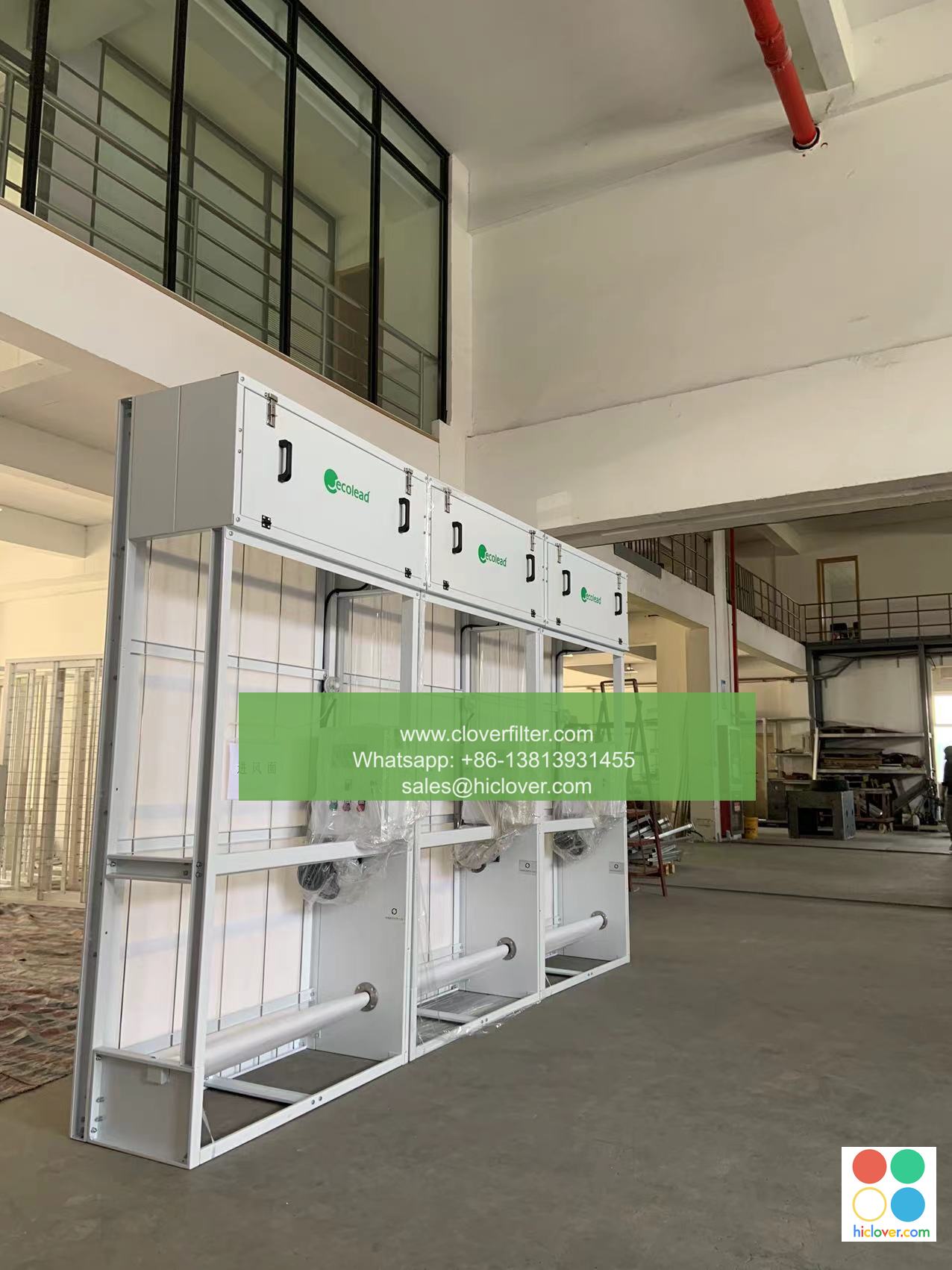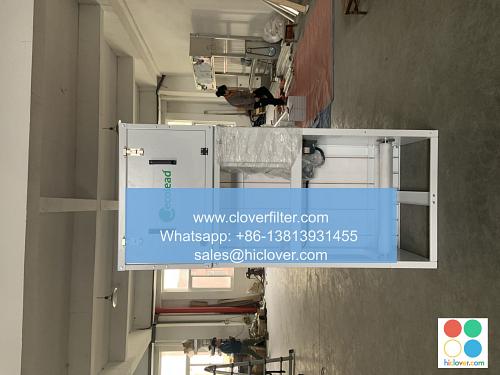Air Filter Standards: Ensuring Effectiveness and Efficiency in Purification Systems

Air filter standards play a crucial role in ensuring the effectiveness and efficiency of purification systems in various industries, including industrial air filtration, commercial air purification, and residential air cleaning. The primary goal of these standards is to provide a framework for evaluating and comparing the performance of different air filters, thereby guaranteeing a high level of indoor air quality (IAQ) and outdoor air quality (OAQ).
Key Performance Indicators (KPIs) for Air Filter Standards
When it comes to air filter standards, several key performance indicators (KPIs) are used to assess their effectiveness and efficiency. Some of the most important KPIs include:
* Filtration efficiency: The ability of an air filter to remove particulate matter (PM), gases, and volatile organic compounds (VOCs) from the air.
* Pressure drop: The amount of pressure required to push air through the filter, which affects the overall energy efficiency of the purification system.
* Airflow rate: The volume of air that can be processed by the filter per unit time, which impacts the system’s capacity to handle various air pollution scenarios.
Application Areas for Air Filter Standards
Air filter standards have a wide range of applications across various industries, including:
* Industrial processes: Such as manufacturing, chemical processing, and pharmaceutical production, where high-quality air filtration is essential for product quality and worker safety.
* Commercial buildings: Including offices, hospitals, and shopping centers, where a healthy indoor environment is crucial for occupant comfort and wellbeing.
* Residential areas: Where home air filtration systems play a vital role in maintaining a healthy indoor air quality and reducing allergies.
Standardization Organizations and Certifications
Several standardization organizations, such as ASHRAE (American Society of Heating, Refrigerating and Air-Conditioning Engineers), ISO (International Organization for Standardization), and EU (European Union), have established certifications and guidelines for air filter standards. These certifications, such as ISO 16890 and EU EN 779, provide a framework for evaluating and comparing the performance of different air filters.
Conclusion
In conclusion, air filter standards are essential for ensuring the effectiveness and efficiency of purification systems in various industries. By understanding the key performance indicators, application areas, and standardization organizations, manufacturers and users can make informed decisions when selecting and installing air filters. This, in turn, can help to maintain a high level of indoor air quality and outdoor air quality, ultimately reducing air pollution and promoting public health. As the demand for clean air continues to grow, the importance of air filter standards will only continue to increase, driving innovation and sustainability in the air filtration industry. You haven’t asked a question or provided any context. What would you like to talk about or ask? I’ll do my best to assist you.

